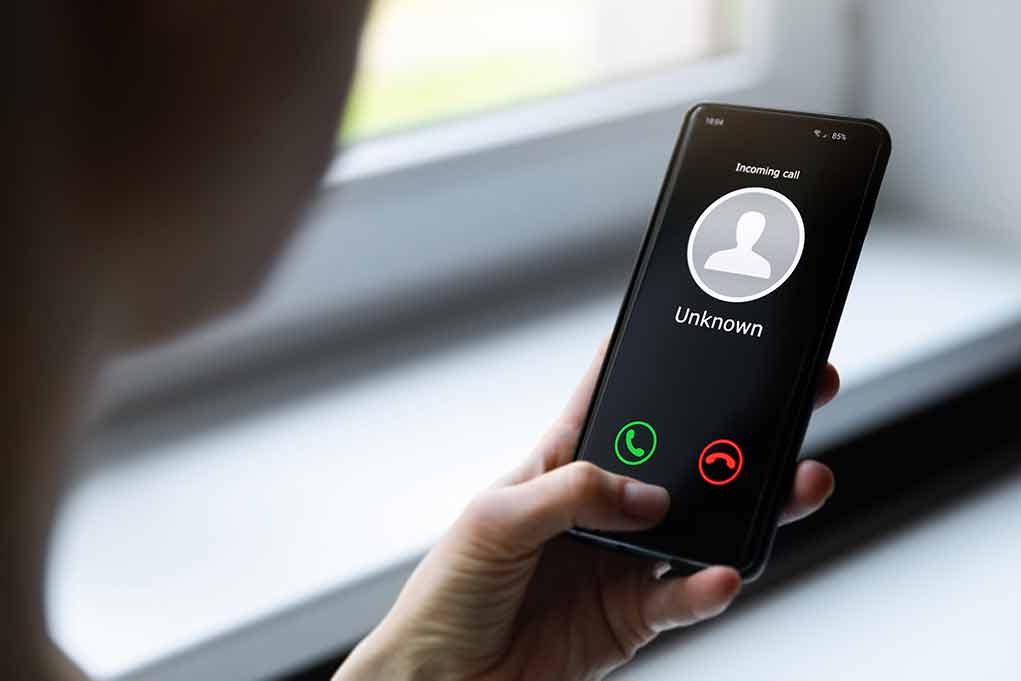
Your smartphone is secretly revealing your every move, but you can fight back with these simple steps.
At a Glance
- Smartphones constantly track location and user activity, often without explicit consent
- Apps collect data for functionality, personalization, and business interests, including advertising
- Risks include privacy breaches, targeted ads, stalking, and potential government surveillance
- Users can limit tracking by adjusting settings, reviewing app permissions, and using privacy tools
The Hidden Tracker in Your Pocket
In an age where our smartphones have become extensions of ourselves, it’s alarming to realize that these devices are constantly monitoring our every move. From tracking our location to recording our online activities, our phones have become powerful data collection tools, often operating without our full awareness or consent.
This stark warning from NYU underscores the importance of understanding how our devices track us. It’s not just about location; it’s about our entire digital footprint. Apps are collecting vast amounts of data about our habits, preferences, and behaviors, often for purposes that extend far beyond improving user experience.
The Scope of Smartphone Tracking
The extent of smartphone tracking goes beyond what most users realize. It’s not just about pinpointing your location on a map. Your device is potentially recording your web browsing history, app usage, and even your physical movements throughout the day. This data is a goldmine for advertisers and potentially accessible to government agencies, raising serious privacy concerns.
As the video above demonstrates, the tracking capabilities of smartphones are extensive and often hidden from view. This level of surveillance has implications that extend far beyond targeted advertising, potentially impacting personal freedoms and privacy rights.
The Risks of Unchecked Tracking
The risks associated with smartphone tracking are not to be taken lightly. Privacy breaches can expose sensitive personal information to malicious actors. Targeted advertising, while seemingly benign, can manipulate consumer behavior and create digital echo chambers. More alarmingly, unchecked tracking can facilitate stalking and potentially enable government surveillance on a mass scale.
This quote from The New York Times highlights the deeply personal nature of the data being collected. Your smartphone knows more about your daily life than your closest friends or family members. This level of intimacy in data collection should give us all pause and motivate us to take action to protect our privacy.
Taking Control of Your Digital Privacy
Fortunately, there are steps you can take to limit the tracking capabilities of your smartphone. Start by reviewing the permissions you’ve granted to apps on your device. Many apps request access to your location, camera, or microphone even when such access isn’t necessary for their core functions. Revoking these permissions can significantly reduce the amount of data being collected about you.
This video provides practical steps to minimize tracking on your smartphone. By following these guidelines, you can take back control of your digital privacy and limit the amount of personal data you’re unknowingly sharing.
Advanced Privacy Protection Measures
For those seeking more comprehensive privacy protection, consider using a Virtual Private Network (VPN) to encrypt your internet traffic and mask your IP address. Regularly clearing your browser cookies and cache can also help limit tracking. Additionally, opting out of personalized ads and disabling location history in your Google account settings can further enhance your privacy.
While this quote offers a simple solution, it’s not always practical in our constantly connected world. However, it serves as a reminder that we have the power to control when and how our devices transmit data about us. By being mindful of our smartphone usage and implementing the privacy measures discussed, we can strike a balance between convenience and privacy in our digital lives.
The Fight for Digital Privacy Continues
As technology continues to advance, the battle for digital privacy will only intensify. It’s crucial that we remain vigilant and informed about the ways our personal data is being collected and used. By taking proactive steps to protect our privacy and demanding greater transparency from tech companies and app developers, we can work towards a future where our digital rights are respected and protected.
Remember, in the digital age, knowledge is power. Stay informed, stay cautious, and take control of your digital footprint. Your privacy is worth protecting, and it starts with understanding and limiting the tracking capabilities of the device you carry with you every day.











